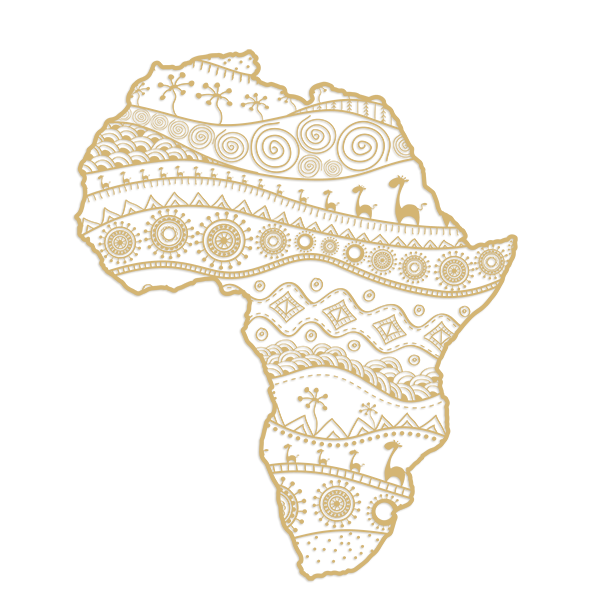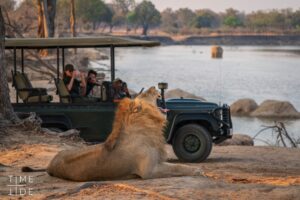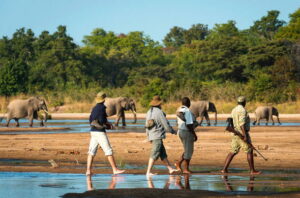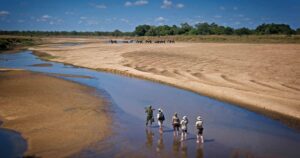-
Contact emailinfo@southluangwa.com
- Bookmark
- Claim National Park

- Profile
- Tour Operators
- Accommodation
- prev
- next
- Get directions
- Website
- Bookmark
- Share
- Become an influencer
- prev
- next
Overview
Welcome to South Luangwa National Park, one of the great remaining unspoiled regions of Africa. Even as Zambia’s reputation as a spectacular safari destination grows, it retains its essence of true wilderness; South Luangwa National Park is a place that still feels relatively untouched by modern humans, and is therefore uniquely able to provide an unpredictable and exhilarating safari experience. Because of that protected quality, it is important that you enter this country with a deep respect for the sanctity of the wildlife habitats and an appreciation for the ecology that supports this special environment. The Luangwa River is the most intact river in Africa, and its tributaries and lagoons are the lifeblood of this region. And the changing seasons, from the ‘dry’ season in the winter to the ‘emerald’ season of the summer months, make this a vibrant and charismatic part of the world that you don’t want to miss.
It is important to note that alongside the beautiful scenery is also a beautiful culture. The people of Zambia are kind and friendly, and will welcome travellers with warmth and genuine hospitality. The local people are also some of the best guides in the entire country, and their passion for sharing their knowledge while working in these camps, which can be incredibly remote, makes the safari experience that much richer and more memorable.
Wildlife in South Luangwa National Park
At this point you may be wondering what it is that draws so many wildlife enthusiasts and safari connoisseurs to this particular area, often returning to the same camps many times over. Accompanying the reputation for a very high quality of guiding in this area, South Luangwa’s concentration of animals is some of the most dense in all of Africa. The park offers a multitude of game that will satisfy any safari bucket list: from predators like the famed African wild dogs, majestic lions, and lean leopards to big game favorites like elephants, buffalo, and hippo, this park has them all. South Luangwa also offers unique animal sightings, such as Zambia’s beloved Crawshay’s zebra herds (whose stripes are more distinct than those found further south and west); 14 different species of antelope, including the elusive bushbuck; and the attractive kudu, with its spiral horns and delicate face. Did we mention there are also 400 species of birds in the park, including 39 birds of prey? You’ll want to pack your binoculars and a camera so you can capture your sightings of these amazing creatures. And because this park offers day and evening game drives, which is unique in the world of safari, a whole other nocturnal realm is opened up for your viewing excitement.
History of South Luangwa National Park
The country of Zambia lies landlocked in the tropics, located at the northern edge of the region known as ‘southern Africa.’ Shaped like a butterfly and covering about 752,610 square kilometers, Zambia is roughly three times the size of the United Kingdom. South Luangwa National Park - located in eastern Zambia - was declared a national park in 1972. As a protected game reserve for over 65 years before that, the park was never subjected to the degradation of unregulated mass tourism, thus sustaining its pristine wilderness. It was here, in this park, that the now famous ‘walking safari’ originated, when Norman Carr, who was originally a ranger in the game reserves in the 1940s, began to operate wilderness safaris in the area. Carr recognized the limitations of the early format of hunting safaris, and developed the walking safari to increase tourism to the area, as well as species conservation
Location
-
Zambia
Vital Park Information
Zambia
9 050 km²
Tap water in the major towns is purified and perfectly safe to drink. ... Some campsites will let you know if their borehole water is safe to drink – but if they don't – then be sure to ask before drinking it.
Zambian kwacha (ZMW)
May, June, July, August, September, October, November
July to November are the best wildlife-viewing months. This is the middle and end of the Dry season and water in the bush has dried up, so animals congregate around the rivers and watercourses. However, October and November are extremely hot, and some people may find conditions difficult to cope with in these months.




